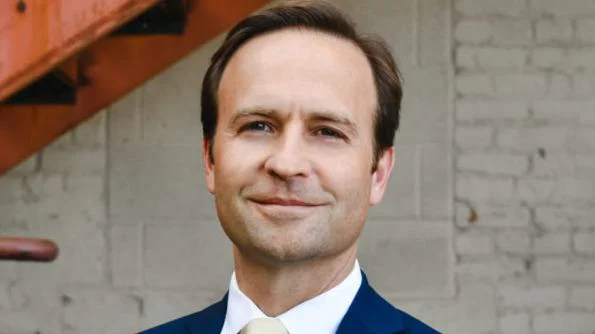Brian Calley President and Chief Executive Officer at Small Business Association of Michigan | Official website
Brian Calley President and Chief Executive Officer at Small Business Association of Michigan | Official website
Minority Leader Matt Hall has introduced a $2.7 billion road funding proposal, sparking discussions among Michigan's political leaders and raising concerns from various groups. Governor Gretchen Whitmer, Senate Majority Leader Winnie Brinks, and House Speaker Joe Tate have expressed willingness to engage in talks about the plan.
Governor Whitmer reiterated her commitment to infrastructure improvements, stating that nearly 23,000 lane miles and 1,600 bridges have been rebuilt or repaired under her administration. "We agree on the need for a long-term funding solution," said Stacey LaRouche, the governor's press secretary.
Hall proposes allocating $1.2 billion from corporate income tax revenue for infrastructure immediately, with an additional $600 million planned for 2026. He suggests removing the sales tax on gas while implementing a "revenue-neutral increase" in motor fuel tax to avoid diverting funds from the School Aid Fund (SAF).
The plan has raised apprehension among school groups due to potential impacts on education funding. Peter Spadafore of the Michigan Alliance for Student Opportunity emphasized the importance of maintaining resources for public education: “Michigan’s students cannot afford a solution that simply shuffles the deck.”
House Speaker Joe Tate expressed openness to dialogue: “Let’s have that conversation. It’s a priority for the people of Michigan.” Senate Majority Leader Winnie Brinks acknowledged bipartisan efforts in infrastructure repair and stressed continued collaboration.
Infrastructure groups like the Michigan Infrastructure and Transportation Association are interested in Hall's proposal but remain neutral on its specifics. Lance Binoniemi stated they are "really excited" about having a concrete proposal.
Economist Mitch Bean noted that Hall's plan redirects existing revenue rather than generating new funds, posing questions about budget balancing requirements.
The discussion continues as stakeholders evaluate how best to address Michigan's road funding needs without compromising other critical areas such as education.






 Alerts Sign-up
Alerts Sign-up